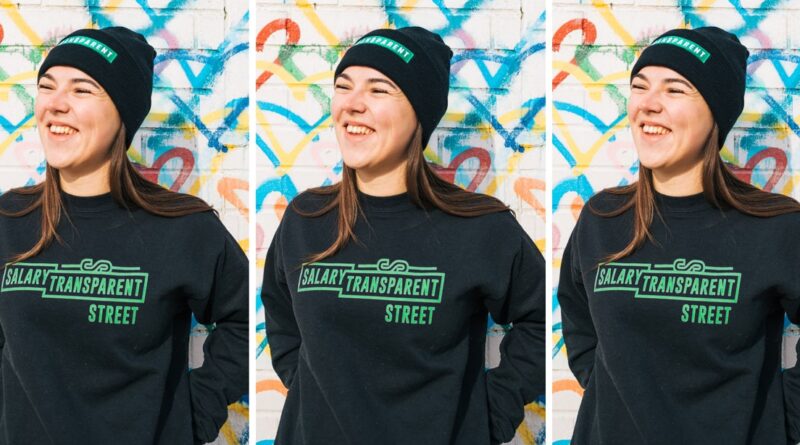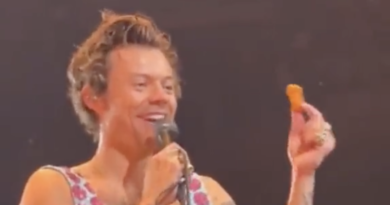Salary Transparent Street: How a TikTok Ban Would Affect Creators and Activists
As a TikTok creator dedicated to ensuring people have the information they need to advocate for a fair wage, I personally stand to lose a lot from a TikTok ban. But I’m more concerned about what is compromised when a social media platform is banned: our First Amendment right to speak freely, to express ourselves, and to access information. We can’t let this happen.
“How much do you make?” has always been a taboo question and for a couple of years after I graduated from college, I fell for that lie. I wondered how everyone else learned how to price themselves correctly, navigate negotiating salaries, and advocate for their rights when no one was discussing these things openly. But, a year ago, I realized these conversations had to be normalized. I went viral overnight on TikTok by asking strangers on the streets of Washington, DC, how much money they make. Three weeks later, I quit my six-figure, cushy data analyst job to become a full-time creator, dedicated to closing persistent wage gaps that marginalize women, minorities, workers with disabilities, and the LGBTQ+ community.
For the first six months of Salary Transparent Street’s existence, many of the videos I posted on TikTok earned over one million views. Off the bat, it was obvious that TikTok has a uniquely powerful reach for a social media app. It allowed regular people like myself the chance to speak their minds, go viral, and make a difference.
Now, my senator, Mark Warner of Virginia, has introduced a bill that would give the government the power to ban TikTok for everyone in America as well as almost any company or product owned by a “foreign adversary” that the secretary of commerce deems a national security risk. This ban threatens the very platform that has helped me build a community of millions of people committed to closing the wage gap — a systemic problem that has haunted this country for decades.
A SocialSphere poll from March 2023 showed that 71% of Gen Zers (people 18 to 26) have an active TikTok account. I was born in 1996, and depending on which source you consult, I’m either a millennial or Gen Z. Either way, I’m part of the generation that consumes content for breakfast, lunch, and dinner, and TikTok delivers. TikTok content is not only dynamic — blending text, music, visuals, and effects — it also can be educational. You can learn about science, politics, history, and life hacks, like “things you didn’t know until you were in your 30s!” TikTok’s editing tools are also what enabled me to break into this field. Before early 2022, I had never even created content because none of the tools were accessible. You often needed an expensive camera and knowledge of complex editing software. TikTok removed all those barriers and allowed me to bring my creative visions to life without having to leave the app.
If this TikTok ban goes through, all of that disappears. Because despite what our geriatric leaders might think, platforms are not totally interchangeable. I can’t simply transfer my followers and the accounts I follow to another app, and I can’t simply reconstitute the communities I’ve formed through TikTok. In that same vein, the disappearance of my account will also affect my followers, who rely on our content to learn about different careers, earning potential, pay transparency laws, and workers’ rights.




